Pregnancy Dos and Don'ts: 40 Weird Pregnancy Superstitions Around the World
Superstitious behaviour is often the result of different traditions coming from different cultures, but we can't deny that some of them are just downright strange. And when it comes to an important period in one's life like pregnancy, you can best believe there are a ton of superstitions revolving around this topic. Here are 40 totally weird pregnancy superstitions from all around the world. Do you believe in any?
1. Full Moon Baby
In many different cultures around the world, it's believed that being born during a full moons brings a life of luck and prosperity. Some even think that labour is more likely to start if there's a full moon out.
 Photo by Ganapathy Kumar on Unsplash
Photo by Ganapathy Kumar on Unsplash
2. No Cold Drinks
Stay away from ice! In some Asian cultures, pregnant women are advised to avoid drinking any cold beverages. It's believed that drinking them can lead to a sickly child.
 Photo by The Matter of Food on Unsplash
Photo by The Matter of Food on Unsplash
3. Craving Avoidance
In parts of Africa, it's believed that ignoring a pregnant woman's cravings can lead to a baby with a birthmark in the shape of the craved food.
 Photo by Anastasiia Chepinska on Unsplash
Photo by Anastasiia Chepinska on Unsplash
4. Eclipses and Deformities
In various Latin American cultures, a lunar or solar eclipse is thought to cause deformities in unborn children, prompting pregnant women to stay indoors during these events.
 Photo by Jongsun Lee on Unsplash
Photo by Jongsun Lee on Unsplash
5. Pregnant Women and Funerals
In some Eastern European traditions, pregnant women are advised not to attend funerals because it's believed to bring bad luck or harm to the unborn child.
 Photo by panyawat auitpol on Unsplash
Photo by panyawat auitpol on Unsplash
6. Shape of the Belly
Here's a more common one - a widespread superstition is that the shape of a pregnant woman's belly can predict the baby's gender; round for a girl and pointy for a boy.
 Photo by Suhyeon Choi on Unsplash
Photo by Suhyeon Choi on Unsplash
7. No Knitting
Knitters beware - in Iceland, there's a belief that knitting near a pregnant woman, especially near the bed, can lead to a difficult labor.
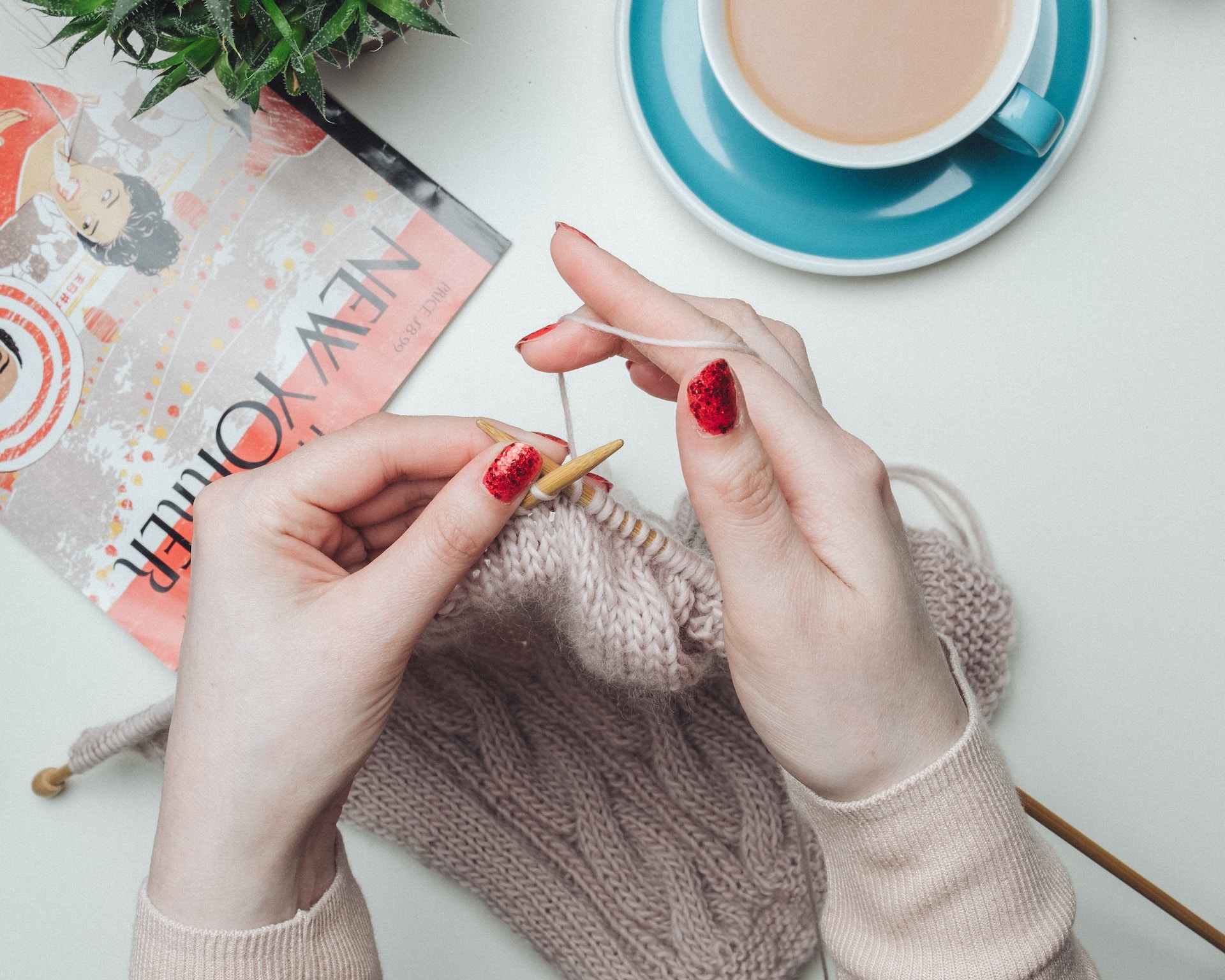 Photo by Rebecca Grant on Unsplash
Photo by Rebecca Grant on Unsplash
8. No Haircuts
In different parts of India, pregnant women are often told that they shouldn't cut their hair during pregnancy because it's a superstition that it might impact the baby's lifespan.
 Photo by Jonathan Cooper on Unsplash
Photo by Jonathan Cooper on Unsplash
9. Seafood Cravings
Coming from the country of delicious sushi, in Japanese culture, craving seafood during pregnancy is thought to mean the baby will have a happy, easy-going personality.
 Photo by Mike Bergmann on Unsplash
Photo by Mike Bergmann on Unsplash
10. Dreaming of Fish
In many cultures, it's a good thing if you had a dream about fish! Dreaming about fish is seen as a sign that someone in the family will soon become pregnant. But who...
 Photo by Rachel Hisko on Unsplash
Photo by Rachel Hisko on Unsplash
11. Avoiding Animal Shows
Some beliefs around the world suggest that watching animals give birth, or even animal-themed shows, can lead to a difficult childbirth.
 Photo by Hans-Jurgen Mager on Unsplash
Photo by Hans-Jurgen Mager on Unsplash
12. The Husband's Shoes
In Turkey, it's said that if a pregnant woman steps over her husband's shoes, the baby will resemble the father.
13. No Reaching High
In the Philippines, it's believed that reaching for something high can cause the umbilical cord to wrap around the baby's neck. Better keep your arms safely by your side then!
 Photo by Jeremy Perkins on Unsplash
Photo by Jeremy Perkins on Unsplash
14. Mirror Avoidance
In some South American cultures, looking into a mirror during an eclipse is thought to cause facial deformities in the unborn child.
 Photo by Caroline Veronez on Unsplash
Photo by Caroline Veronez on Unsplash
15. Avoiding the Ocean
In certain coastal communities, pregnant women are advised not to go near the ocean to prevent the baby from being taken by spirits.
 Photo by Matt Hardy on Unsplash
Photo by Matt Hardy on Unsplash
16. No Spice in the Diet
In some Middle Eastern cultures, pregnant women are advised to avoid spicy foods. It's believed that spicy food can lead to a hot-tempered child.
 Photo by Ratul Ghosh on Unsplash
Photo by Ratul Ghosh on Unsplash
17. Sleeping on Your Left Side
A common belief in Western countries is that sleeping on your left side improves circulation to the heart, benefiting both mother and baby.
 Photo by bruce mars on Unsplash
Photo by bruce mars on Unsplash
18. No Baths
In certain parts of Eastern Europe, there's a superstition that taking baths during pregnancy can harm the baby, leading many to opt for showers only.
 Photo by Jared Rice on Unsplash
Photo by Jared Rice on Unsplash
19. Cat Avoidance
A widespread myth is that being around cats during pregnancy can cause harm. This is likely tied to concerns about toxoplasmosis, a condition cats can transmit.
 Photo by Mikhail Vasilyev on Unsplash
Photo by Mikhail Vasilyev on Unsplash
20. No Scissors Under the Pillow
In Chinese culture, it's a superstition that a pregnant woman should not put scissors under her pillow. This act is thought to lead to a difficult birth or even affect the baby's development, possibly cutting off good fortune or health.
 Photo by Divazus Fabric Store on Unsplash
Photo by Divazus Fabric Store on Unsplash
21. Avoiding the Moonlight
In certain Native American tribes, pregnant women are advised to avoid moonlight. It's believed that exposure to the moon could lead to a difficult birth.
 Photo by Luca Bravo on Unsplash
Photo by Luca Bravo on Unsplash
22. Eating for Two
The saying "eating for two" is common in many cultures, implying that a pregnant woman needs to significantly increase her food intake for the sake of the baby's health.
 Photo by Alex Haney on Unsplash
Photo by Alex Haney on Unsplash
23. Wearing Necklaces
In parts of Africa, it's believed that wearing a necklace during pregnancy can strangle the baby in the womb. You might want to put your jewelry away for the time being.
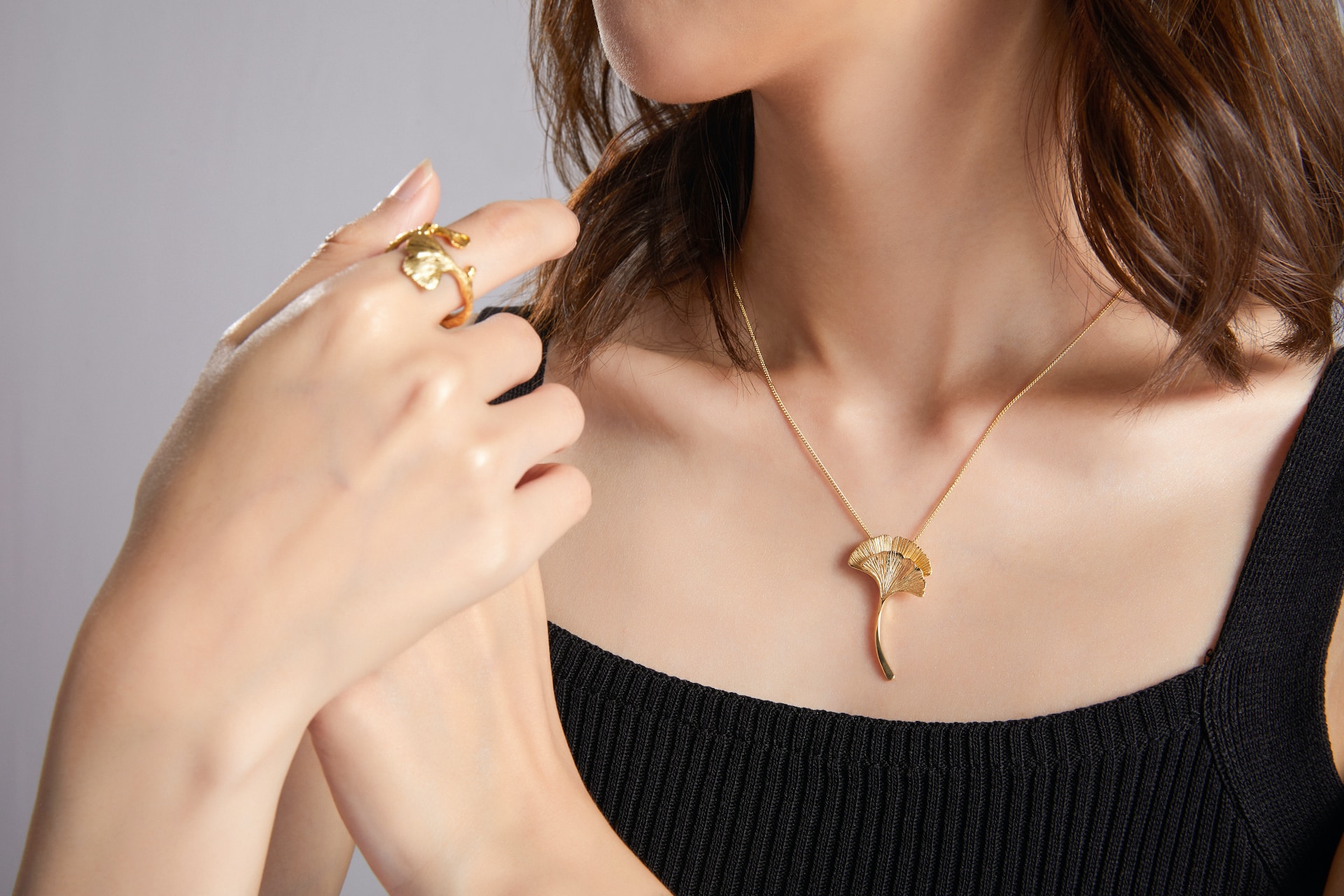 Photo by Eric Fung on Unsplash
Photo by Eric Fung on Unsplash
24. No House Construction
Some East Asian cultures hold the belief that renovating or constructing a house during pregnancy can cause complications or health issues for the baby.
 Photo by Avel Chuklanov on Unsplash
Photo by Avel Chuklanov on Unsplash
25. Avoiding Certain Fruits
In Southeast Asia, fruits like pineapple and papaya are often avoided during pregnancy, as they're thought to increase the risk of miscarriage.
 Photo by Jonas Kakaroto on Unsplash
Photo by Jonas Kakaroto on Unsplash
26. No Photos
In some cultures, taking photos of a pregnant woman is considered bad luck, as it's believed to capture the spirit of the unborn child.
 Photo by Jakob Owens on Unsplash
Photo by Jakob Owens on Unsplash
27. Walking on Grass
In certain Caribbean cultures, it's suggested that pregnant women should not walk barefoot on grass to protect the baby from earth spirits.
 Photo by Ochir-Erdene Oyunmedeg on Unsplash
Photo by Ochir-Erdene Oyunmedeg on Unsplash
28. Wearing Red Underwear During a Lunar Eclipse
In some Latin American cultures, wearing red underwear during a lunar eclipse is believed to protect the unborn baby from negative cosmic energies.
29. Sitting on Doorsteps
In parts of Southern Europe, pregnant women are advised against sitting on cold doorsteps, as it's thought to cause a difficult delivery.
 Photo by Evelyn Paris on Unsplash
Photo by Evelyn Paris on Unsplash
30. Listening to Classical Music
A popular modern superstition is that playing classical music to the unborn baby can increase its intelligence and promote brain development.
 Photo by Manuel Nägeli on Unsplash
Photo by Manuel Nägeli on Unsplash
31. Whistling at Night
In some Slavic cultures, it's believed that pregnant women should not whistle at night. The superstition holds that this could attract evil spirits or bad luck to the unborn child.
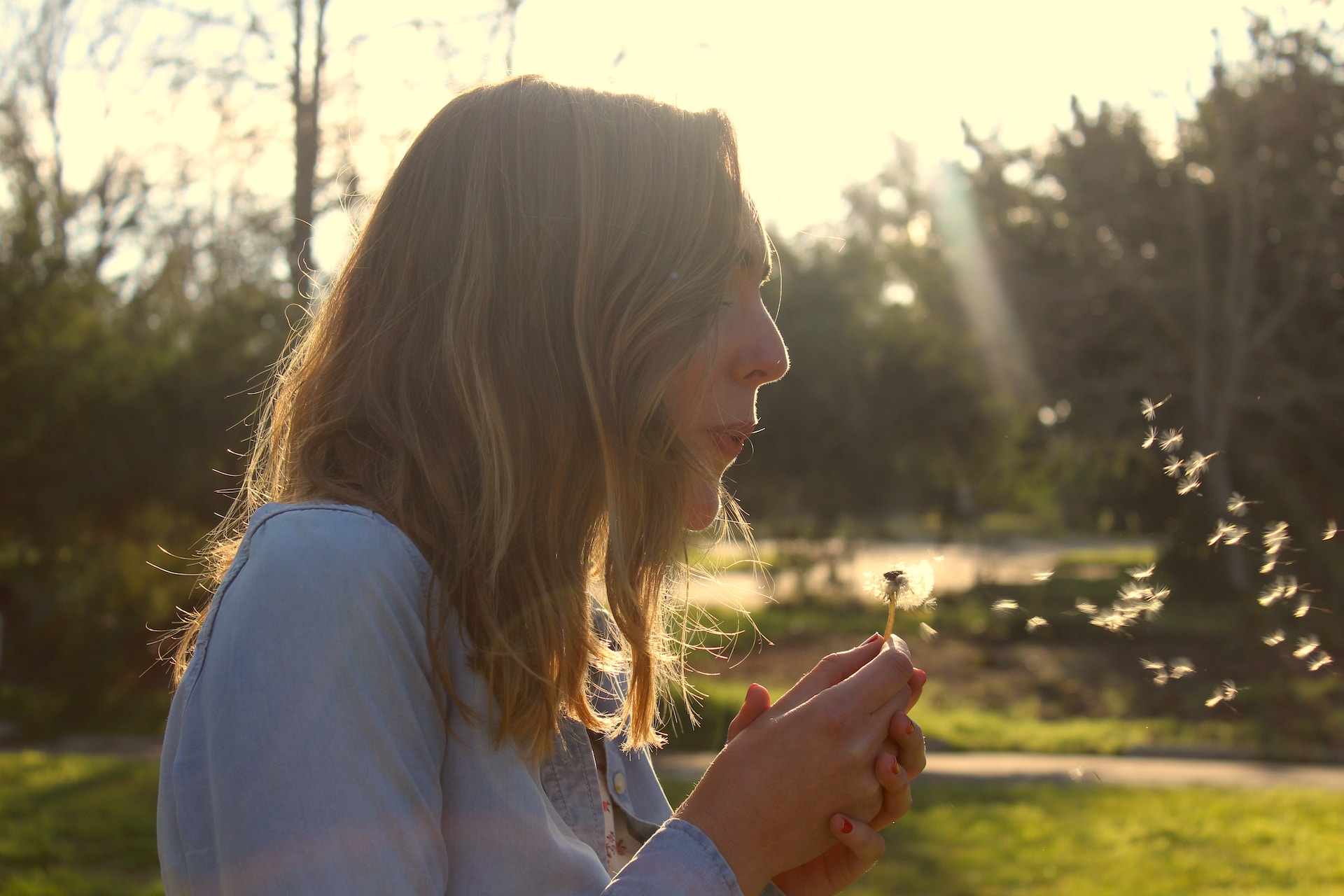 Photo by Morgan Lane on Unsplash
Photo by Morgan Lane on Unsplash
32. No Needlework on the Bed
In various Asian cultures, there's a belief that doing needlework or sewing on the bed during pregnancy can lead to birth defects, particularly affecting the baby's eyes.
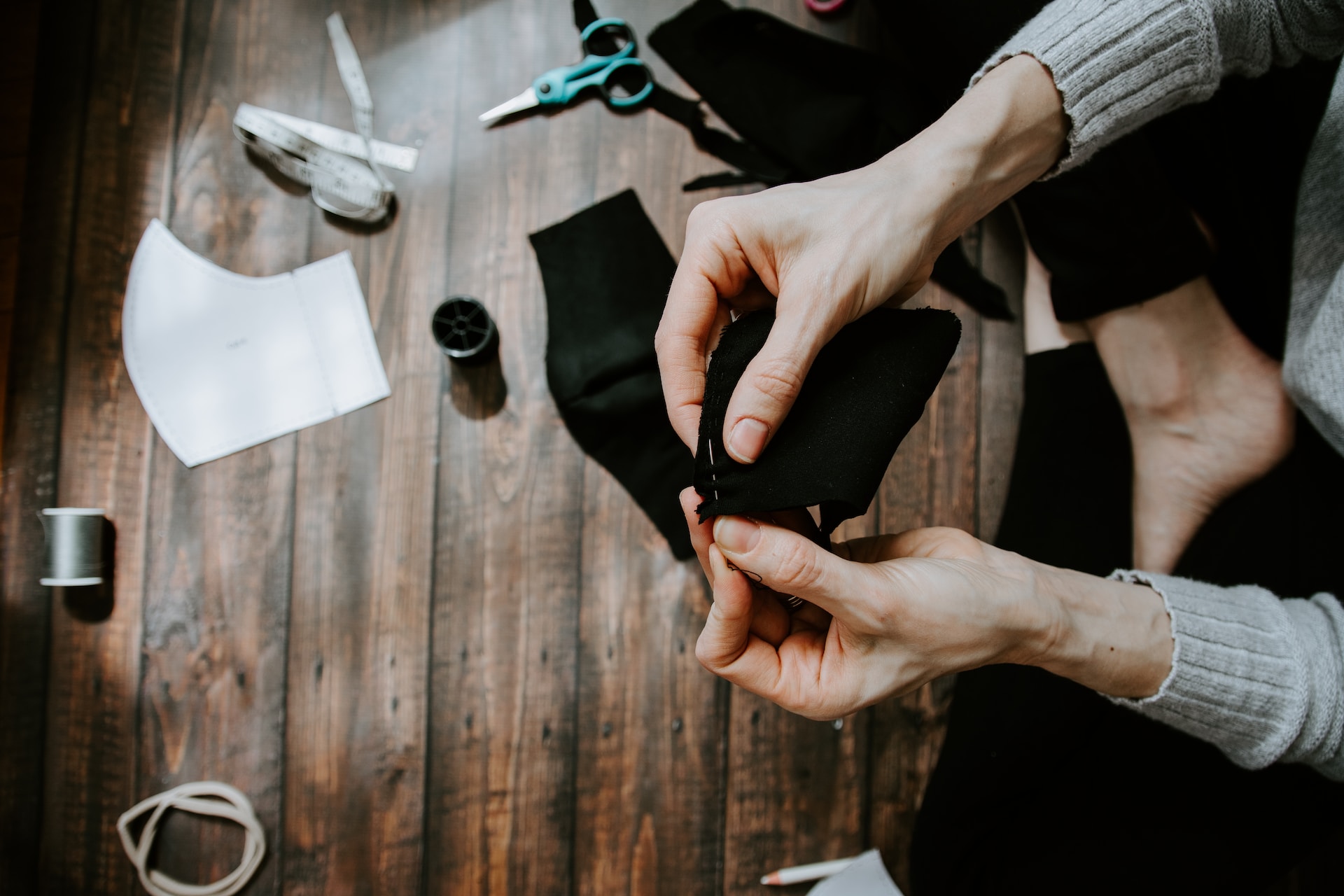 Photo by Kelly Sikkema on Unsplash
Photo by Kelly Sikkema on Unsplash
33. Avoiding Peacock Feathers
In parts of Western Europe, there's a superstition that bringing peacock feathers into the home during pregnancy is bad luck, as they are believed to resemble an evil eye. Why you'd bring a peacock feather home in the first place, we're not entirely sure.
 Photo by Nick Fewings on Unsplash
Photo by Nick Fewings on Unsplash
34. No Peanuts
Some Western beliefs suggest that eating peanuts during pregnancy can lead to the child developing allergies, though recent studies have shown this may not be the case.
 Photo by Tom Hermans on Unsplash
Photo by Tom Hermans on Unsplash
35. The Husband's Cravings
In certain South American cultures, it's believed that if a husband experiences cravings during his wife's pregnancy, it's a sign that the baby will be a boy.
 Photo by Priscilla Du Preez 🇨🇦 on Unsplash
Photo by Priscilla Du Preez 🇨🇦 on Unsplash
36. Stepping Over a Rope
In some African cultures, a pregnant woman is advised not to step over a rope. If she does, it's believed that the baby could be born with a cord around its neck.
 Photo by engin akyurt on Unsplash
Photo by engin akyurt on Unsplash
37. Avoiding the Zoo
In some Eastern cultures, visiting a zoo or looking at wild animals during pregnancy is thought to influence the physical appearance of the baby.
38. No Tears During Pregnancy
There's a belief in certain cultures that crying or being unhappy during pregnancy can affect the baby's disposition, leading to a more fretful or unhappy child.
 Photo by Louis Galvez on Unsplash
Photo by Louis Galvez on Unsplash
39. Wearing a Safety Pin
In some Hispanic cultures, pregnant women wear a safety pin on their underwear during a lunar eclipse. It's believed to protect the baby from negative energies.
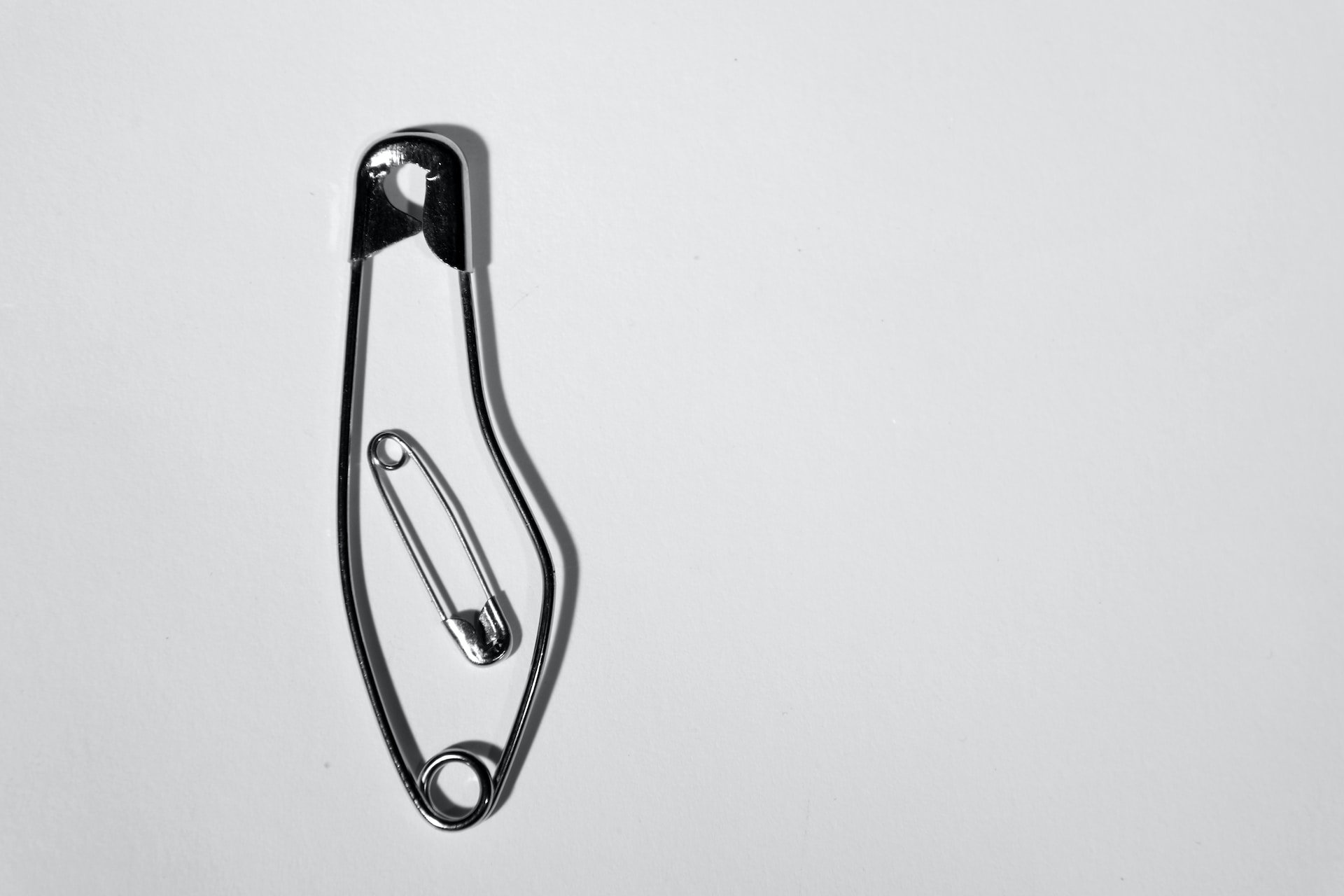 Photo by Ju Ostroushko on Unsplash
Photo by Ju Ostroushko on Unsplash
40. The Color of Clothes
In parts of Eastern Europe, it's thought that the color of clothes a pregnant woman wears can influence the baby's personality. For example, wearing bright colors is believed to lead to a bright and sunny disposition in the baby.











